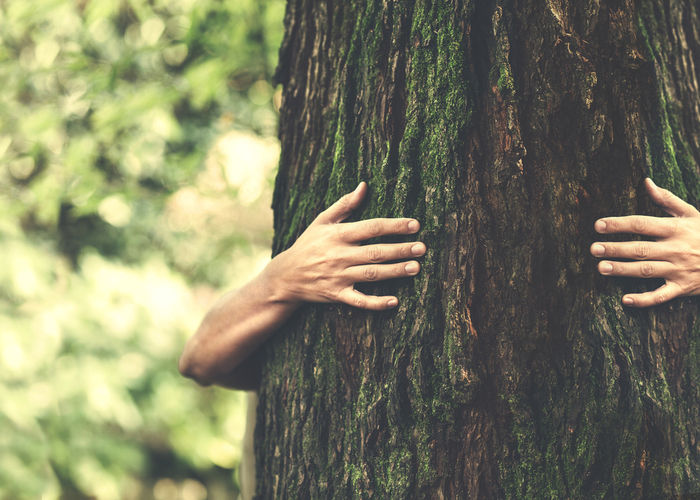Understanding Ecosystem Services: Nature’s Hidden Contributions
- Natasha Dudek
- Oct 6, 2024
- 2 min read

Source: Living Planet Report, WWF 2016
The term “ecosystem services” describes how nature and natural environments are valuable to people. That is, it refers to the benefits that humans receive from nature, often without realizing how vital they are to our daily lives. These services come from the interactions between living organisms (like plants, animals, and microbes) and their physical environments (such as soil, water, and air). Ecosystem services are usually grouped into four main categories: provisioning services, regulating services, cultural services, and supporting services.
Provisioning Services: These are the tangible goods that ecosystems provide, like food, fresh water, timber, and medicinal resources. They are the direct products we extract from nature for human use. In Quebec, provisioning services are easy to see in the province’s abundant natural resources. Our vast forests provide timber for construction and paper production, while lakes and rivers offer fresh water for drinking, agriculture, and hydropower. Quebec’s forests are also rich in wild edibles, such as blueberries, mushrooms, and maple sap, which support local economies and sustainable practices like foraging and syrup production. These resources directly contribute to the economy while sustaining both human and wildlife populations.
Regulating Services: These services help control natural processes, such as climate regulation, water purification, pollination, and disease control. In essence, they maintain environmental stability and quality. For instance, Quebec’s forests, wetlands, and peatlands play a significant role in climate regulation by absorbing carbon dioxide and storing it in plant matter and soil. Peatlands, in particular, are powerful carbon sinks, capturing more carbon than forests per unit of area. Additionally, wetlands help purify water by filtering out pollutants, preventing floods, and controlling erosion along waterways. These natural processes are essential for maintaining a stable and healthy environment.
Cultural Services: These are the non-material benefits people get from nature, including recreation, spiritual enrichment, education, and aesthetic enjoyment. Natural landscapes often inspire and provide cultural identity. Quebec’s natural landscapes provide numerous cultural services, offering places for recreation, tourism, and outdoor activities that foster a deep connection between people and nature. From hiking in Mont-Tremblant to cross-country skiing in Oka National Park, these activities not only boost physical and mental well-being but also generate economic value through ecotourism.
Supporting Services: These are the fundamental processes that enable ecosystems to function and provide all other ecosystem services. They include nutrient cycling, soil formation, and the creation of habitats that sustain biodiversity. For example, the decomposition of organic matter in Quebec’s forests helps replenish soil nutrients, allowing trees and plants to grow, which in turn supports wildlife. They also contribute to absorbing atmospheric CO2; globally, forests remove 2.6 billion tonnes of carbon per year from the atmosphere. Meanwhile, wetlands play a crucial role in nutrient cycling and water filtration, helping to maintain clean water supplies and fertile soils. Without these foundational processes, the ecosystems that provide Quebec’s timber, fresh water, and recreation opportunities would not thrive.
Ecosystem services may not always be obvious, but they are the foundation of our existence. By protecting natural ecosystems around Montreal, the MCNP is not just preserving biodiversity; we’re safeguarding the vital services that keep our air clean, our water fresh, and our climate stable. Conservation efforts are essential to maintaining these services for future generations and ensuring a sustainable future for all.



